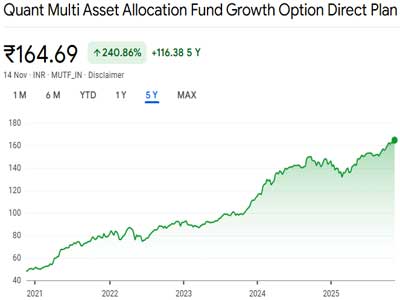When populist leaders are voted into office, they often create unpredictable business environments that drive down investment by foreign companies, research from NEOMA Business School reveals.
Alfonso Carballo Perez and Margherita Corina, Assistant Professors at NEOMA, find that foreign direct investment can drop by over 10 percent following the election of a populist government.
This is largely because populist leaders habitually attempt to disrupt the political and economic institutions in their country that guarantee the security of foreign investment, the researchers explain.
However, countries with strong institutional frameworks can mitigate the negative effect of populist governments on FDI by around 23 percent.
The researchers also find corporations can reduce the impact of populist governments on foreign investment decisions by around 7.8 percent if they increase their level of internationalization.
“Companies gain a formidable advantage resulting from their overseas operations. They know how to navigate a wide variety of markets and specific local characteristics. This makes them more resilient and adaptable to new political and economic developments,” says Corina.
“While populist rulers may aim multinational corporations as agents of globalization, firms can absorb risk more effectively by diversifying their economic investments in other countries,” says Carballo Perez.
Their findings were based on an analysis of investment data from a sample group of US multinational companies in 37 democratic countries between 1999 and 2020. The study was published in the Global Strategy Journal.


















Related Items
When treatment becomes a profit-driven business…
Potato farmers see new hope with upcoming International Research Hub
Governments must urgently rethink large-scale global crisis response